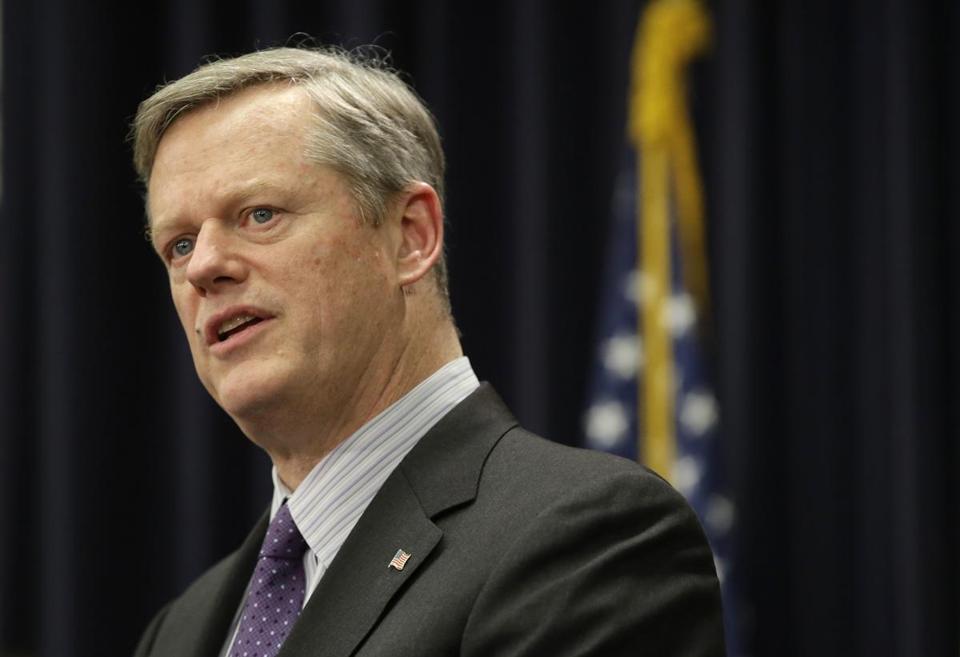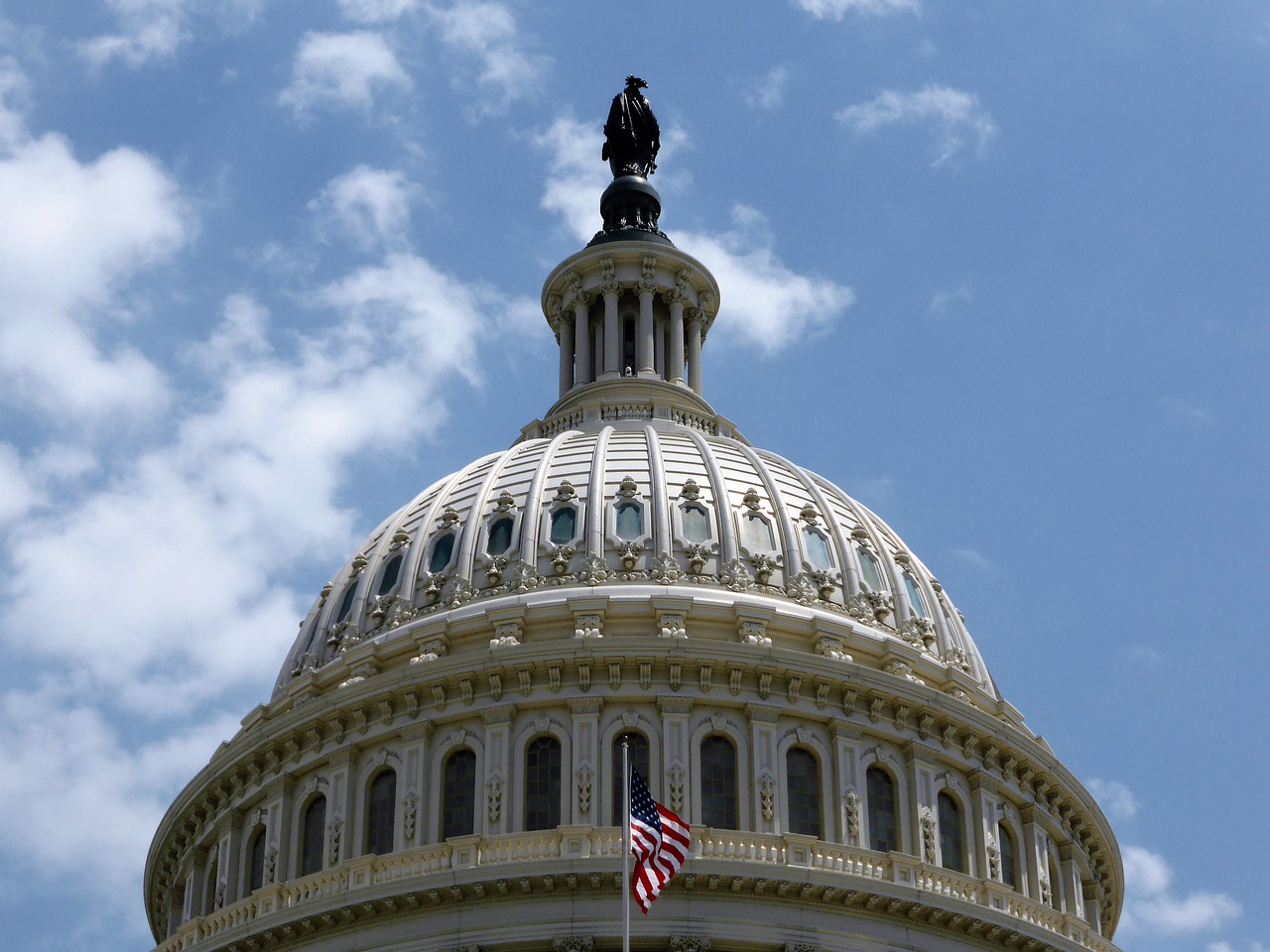Boston Proposes to Raise Minimum Wages From 11 to 15
Governor Baker of Massachusetts yesterday signed the bill proposal to raise the minimum wage from an $11 hourly rate to a $15 hourly rate, also increasing jobs with “tip based salaries from $3.75 per hour to $6.50 per hour. Although this doesn’t make the bill a concrete law immediately the potential of this bill successfully coming in to effect in Boston is very real and has significant implications for the lower middle class in the city. Increasing the minimum wage in Massachusetts initially is going to satisfy the financial shortcomings of many minimum wage workers in the state, but pending on your view of how economics reacts to inflation this could be a very good or very bad thing for the people of Massachusetts.
Workers under the new bill will have the added benefits of making at least four more dollars per hour, 12 weeks of paternity leave and 20 weeks of self-medical leave during the year. Since the increase in pay will be gradual from now until 2023, many employees will not see the initial pay raise they expect. However, the belief that more money in the pockets of the people make the world go around sure will take effect in this government experiment.
Conversely, the potential blowback from employers may increase the number of layoffs minimum wage workers see. The more employers have to pay their workers the fewer workers they will carry on their staff, and the less hiring signs in windows there will be. The thought that more money equals more spending only works when those spendings have a job to get paid.
In a city like Boston, where there is a Dunkin Donuts full of minimum wage workers every square mile, citizens can expect plenty of layoffs from the superstore coffee shops and their green competitors when this bill comes into action.




